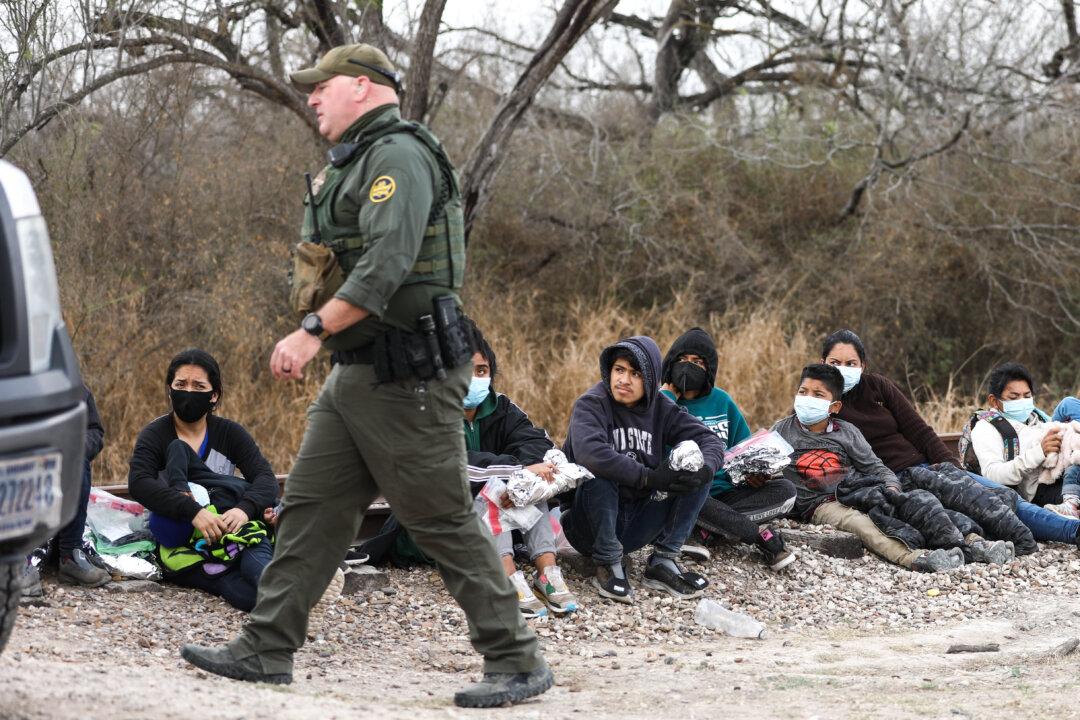McALLEN, Texas—The sheer number of illegal border-crossers that U.S. Border Patrol agents are apprehending on a daily basis is overwhelming in itself, but the type of population makes it something never seen before, according to Brandon Judd, president of the National Border Patrol Council.
“I would argue that it’s the biggest surge that we’ve ever seen in the history of the Border Patrol,” Judd said during a roundtable with Republican members of Congress, Texas landowners, and law enforcement on April 7.





